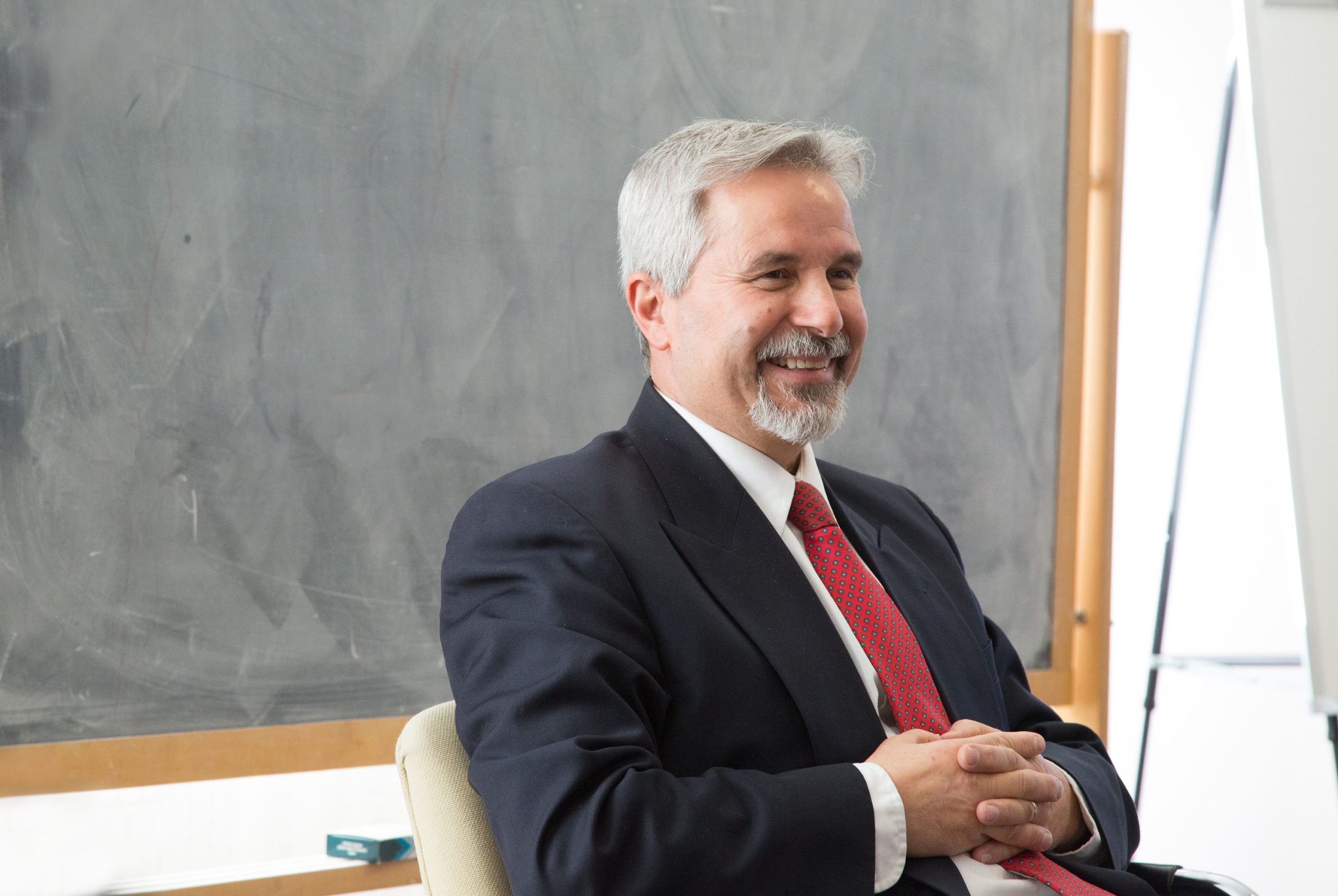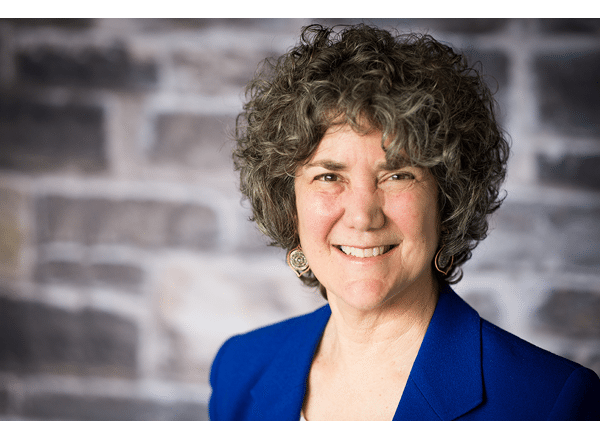
The Learning Process
A BGSP education is a collaborative journey that fosters both the intellectual and emotional lives of each student.
Naturally, didactic coursework plays an important role in graduate study, with BGSP’s faculty lending their expertise in clinical, practical, and scholarly applications of psychoanalytic thought. In addition, in most programs at BGSP, students begin working in the field under supervision early in their education.
Through internships, clinical supervision, independent research, and seminar discussions, students engage in an open exploration of all facets of the human psyche.
Consistent with the emphasis on “the talking cure,” (a common nickname for psychoanalysis) class attendance and participation are considered essential parts of the learning process in all programs. In some psychoanalytic courses, particularly when the material presented is emotionally difficult to absorb, the instructor uses a method known as “process teaching,” employing the class process and the experience of the participants to demonstrate concepts being taught in the classroom. The class explores individual and group resistances to reading assignments, to discussing and understanding material, and to functioning cooperatively as a group, as part of the class process. This helps students further understand the course material, the importance of recognizing and resolving resistance, and the operation of the unconscious – important skills in working with individuals and groups.
Additionally, in order to fully explore the workings of the human psyche, each student participates in a personal training analysis. The training analysis deepens the student’s understanding of course material through personal experience. It increases the student’s access to all emotional states and increases self-understanding, which is particularly critical for clinical training.
The BGSP student brings much more than his or her intellect to the table. By investing in themselves, students learn to recognize, tolerate, and use their emotional responses as the basis for constructive exchange with others in both personal and professional settings. Combined with an in-depth understanding of psychoanalytic theory and the development of skills for the workplace, this helps students unlock their own power and potential.
[i] See Meadow, P.W. (1988) Emotional Education: The Theory and Process of Training Psychoanalysts. Modern Psychoanalysis 13:207-390; Liegner, E.J. (2010). Focused Countertransference Exploration in Classroom Teaching of Modern Psychoanalytic Candidates. Modern Psychoanalysis, 35:1-23; and Kirman, William J. (1977) Modern Psychoanalysis in the Schools. Dubuque, Iowa : Kendall/Hunt.
“Our hallmark is our approach to learning: By tapping into every aspect of yourself, you learn to understand others in their full complexity. Your education and training prove to be as unique and surprising as you are.“
Jane C. Snyder, Ph.D.
Provost
